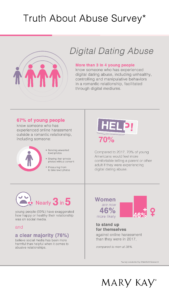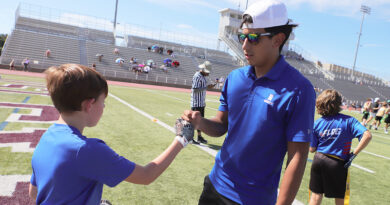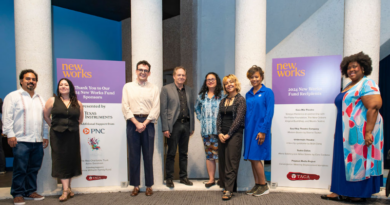Survey Shows Impact of #MeToo on Teen Digital Dating Abuse
According to Mary Kay’s annual “Truth About Abuse” survey, has revealed that the #MeToo movement has likely contributed to young women— and men —feeling more comfortable reporting harassment experiences.
The survey, which is part of Mary Kay’s Pink Changing Lives platform, shows that nearly 2 out of 3 young people, 62 percent, would be more likely to stand up against online harassment than they were in 2017.
 Even more, 64 percent, would be more likely to stand up to in-person harassment compared to 2017.
Even more, 64 percent, would be more likely to stand up to in-person harassment compared to 2017.
“Young people feel more empowered to stand up for themselves and their friends in the face of abuse,” said Julia Simon, chief legal officer and corporate secretary at Mary Kay. “However, more work is needed to raise awareness of the online harassment epidemic.”
An increasing amount of digital dating abuse has been reported since the increased popularity of social media. Digital abuse can range from partners telling who the other can be friends with, sending unsolicited or explicit photos or keeping tabs through social media.
The survey revealed that 76 percent of teens and young adults know someone who has experienced digital dating abuse, which includes unhealthy, controlling and manipulative behaviors in a romantic relationship, carried out or facilitated through digital mediums.
While there has been an improvement for women and men to stand up in abusive relationships, unfortunately, there has been an increase in digital abuse, according to a news release – 76 percent of young people believe social media has been more harmful than helpful when it comes to abusive relationships.
Almost 3 in 5 young people have exaggerated how happy or healthy their relationship was on social media.
“It’s encouraging to see signs of progress in the way that young people understand and report harassment online and off,” said Jan Langbein, chief executive officer of Genesis Women’s Shelter and Support. “As the #MeToo movement continues its positive momentum, it’s important that we take this opportunity to educate young adults and teens on what it means to build healthy relationships—whether in person or online.”









